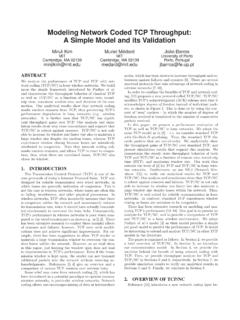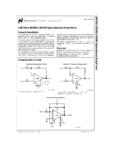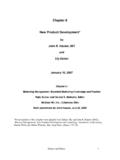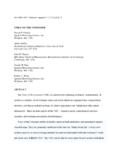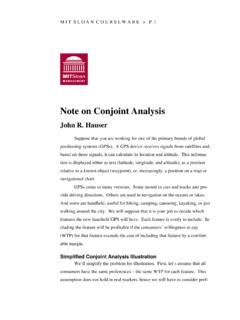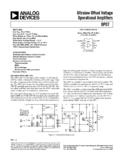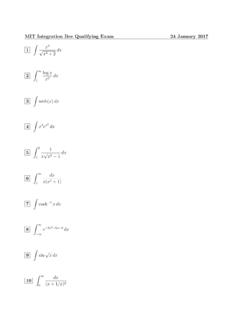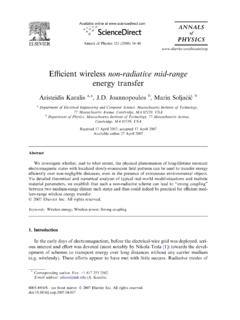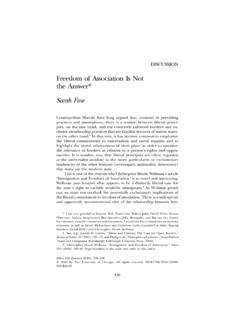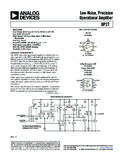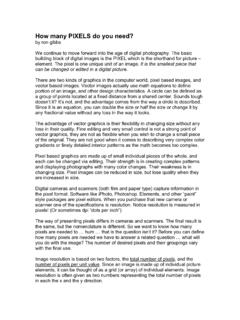Transcription of Gender and Race: (What) Are They? (What) Do We …
1 Gender and Race: (What) Are They?(What) do we Want Them To Be?1 Sally HaslangerMassachusetts Institute of TechnologyIf her functioning as a female is not enoughto define woman, if we decline also to explainher through the eternal feminine, and ifnevertheless we admit, provisionally, thatwomen do exist, then we must face the question:what is a woman? Simone de Beauvoir,The Second SexI guess you could chuckle and say that I mjust a woman trapped in a woman s body. Ellen DeGeneres,My I Do Have OneThe truth is that there are no races:there is nothing in the worldthat can do all we ask race to do for us. Kwame Anthony Appiah,In My Father s HouseIt is always awkward when someone asks me informally what I m working onand I answer that I m trying to figure out what Gender is.
2 For outside a rathernarrow segment of the academic world, the term Gender has come to function asthe polite way to talk about the sexes. And one thing people feel pretty confidentabout is their knowledge of the difference between males and females. Males arethose human beings with a range of familiar primary and secondary sex charac-teristics, most important being the penis; females are those with a different set,most important being the vagina or, perhaps, the uterus. Enough said. Against thisbackground, it isn t clear what could be the point of an inquiry, especially aphilosophical inquiry, into what Gender is .NO S 34:1~2000!31 55 2000 Blackwell Publishers Inc., 350 Main Street, Malden, MA 02148, USA,and 108 Cowley Road, Oxford OX4 1JF, within that rather narrow segment of the academic world concerned withgender issues, not only is there no simple equation of sex and Gender , but theseemingly straightforward anatomical distinction between the sexes has beenchallenged as well.
3 What began as an effort to note that men and women differsocially as well as anatomically has prompted an explosion of different uses ofthe term Gender . Within these debates, not only is it unclear what Gender is andhow we should go about understanding it, but whether it is anything at situation is similar, if not worse, with respect to race. The self-evidence ofracial distinctions in everyday American life is at striking odds with the uncer-tainty about the category of race in law and the academy. Work in the biologicalsciences has informed us that our practices of racial categorization don t mapneatly onto any useful biological classification; but that doesn t settle much, ifanything. For what should we make of our tendency to classify individuals ac-cording to race, apparently on the basis of physical appearance?
4 And what are weto make of the social and economic consequences of such classifications? Is racereal or is it not?This paper is part of a larger project, the goal of which is to offer accounts ofgender and race informed by a feminist epistemology. Here my aim is to sketchsome of the central ideas of those accounts. Let me emphasize at the beginningthat I do not want to argue that my proposals provide theonlyacceptable ways todefine race or Gender ; in fact, the epistemological framework I employ is explic-itly designed to allow for different definitions responding to different concerns. Itis sometimes valuable to consider race or Gender alone or to highlight the differ-ences between them; however, here I will begin by exploring some significantparallels.
5 Although there are dangers in drawing close analogies between genderand race, I hope my discussion will show that theorizing them together can pro-vide us valuable resources for thinking about a wide range of issues. Workingwith a model that demonstrates some of the parallels between race and genderalso helps us locate important differences between THE QUESTION(S)It is useful to begin by reflecting on the questions: What is Gender ? , What israce? and related questions such as: What is it to be a man or a woman? 2, What is it to be White? Latino? or Asian? There are several different ways tounderstand, and so respond to, questions of the form, What is X? or What is itto be an X? For example, the question What is knowledge?
6 Might be construedin several ways. One might be asking: What isourconcept of knowledge?~look-ing to apriori methods for an answer!. On a more naturalistic reading one mightbe asking: What~natural!kind~if any!does our epistemic vocabulary track? Orone might be undertaking a more revisionary project: What is the point of havinga concept of knowledge? What concept~if any!would do that work best?3 Thesedifferent sorts of projects cannot be kept entirely distinct, but draw upon differentmethodological strategies. Returning to the questions, What is race? or What32NO Sis Gender ? we can distinguish, then, three projects with importantly differentpriorities:conceptual, descriptive, into race or Gender would seek an articulation of ourconceptsof race or Gender ~Riley 1988!
7 To answer the conceptual question, oneway to proceed would be to use the method of reflective equilibrium.~Althoughwithin the context of analytic philosophy this might be seen as a call for a con-ceptualanalysisof the term~s!, I want to reserve the term analytical for a dif-ferent sort of project, described below.!In contrast to the conceptual project, adescriptiveproject is not concernedwith exploring the nuances of our concepts~or anyone else s for that matter!;itfocuses instead on their extension. Here, the task is to develop potentially moreaccurate concepts through careful consideration of the phenomena, usually rely-ing on empirical or quasi-empirical methods. Paradigm descriptive projects oc-cur in studying natural phenomena.
8 I offered the example of naturalistic approachesto knowledge above: the goal is to determine the~natural!kind, if any, we arereferring to~or are attempting to refer to!with our epistemic talk. However, adescriptive approach need not be confined to a search fornaturalorphysicalkinds; inquiry into what it is to be, , a human right, a citizen, a democracy,might begin by considering the full range of what has counted as such to deter-mine whether there is an underlying~possibly social!kind that explains the temp-tation to group the cases together. Just as natural science can enrich our folk conceptualization of natural phenomena, social sciences~as well as the arts andhumanities!can enrich our folk conceptualization of social phenomena.
9 So, adescriptive inquiry into race and Gender need not presuppose that race and genderare biological kinds; instead it might ask whether our uses of race and gendervocabularies are tracking social kinds, and if so which third sort of project takes ananalyticalapproach to the question, What isgender? or What is race? ~Scott 1986!. On this approach the task is not toexplicate our ordinary concepts; nor is it to investigate the kind that we may ormay not be tracking with our everyday conceptual apparatus; instead we begin byconsidering more fully the pragmatics of our talk employing the terms in ques-tion. What is the point of having these concepts? What cognitive or practical taskdo they~or should they!enable us to accomplish?
10 Are they effective tools toaccomplish our~legitimate!purposes; if not, what concepts would serve thesepurposes better? In the limit case of an analytical approach the concept in ques-tion is introduced by stipulating the meaning of a new term, and its content isdetermined entirely by the role it plays in the theory. But if we allow that oureveryday vocabularies serve both cognitive and practical purposes, purposes thatmight also be served by our theorizing, then a theory offering an improved un-derstanding of our~legitimate!purposes and0or improved conceptual resourcesfor the tasks at hand might reasonably represent itself as providing a~possiblyrevisionary!account of the everyday , on an analytical approach, the questions What is Gender ?
